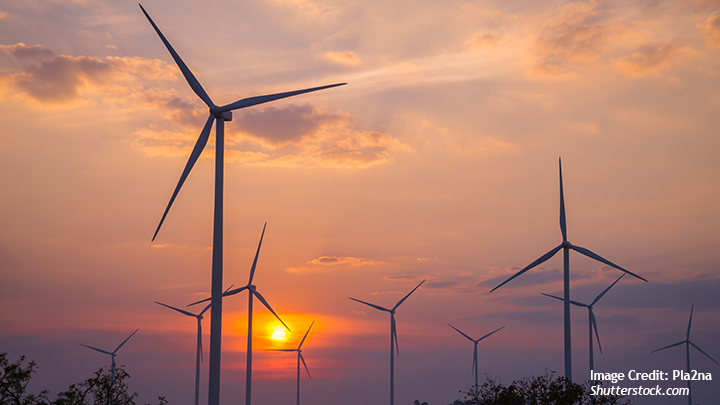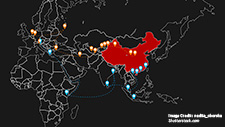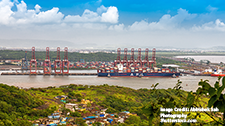Central Asia in the Energy Transition

Svante E. Cornell and Brenda Shaffer
The United States, Europe, the United Nations and more are promoting a top-down energy transition from fossil fuels to renewable energy, which shows no signs of emergence. Under this scenario, Europe and the global market are likely to maintain demand for the energy riches of Central Asia for many decades to come. The gas market of Central Asia itself requires additional gas volumes as well. In order to lower carbon emissions and air pollution and improve public health in Central Asia, the ideal policy in the region is increased access to natural gas that can replace the widespread burning of biomass and lump coal. Current European policies promote expanding electrification and is leading to a new look at nuclear energy. Accordingly, the uranium deposits of Central Asia have become of high commercial and geopolitical interest.
Related Publications
-
ISDP Annual Report 2023
ISDP’s Annual Report for the year 2023. We look back on 2023, a year in which tensions and conflicts captured the strategic space in ISDP’s focus areas, making headlines around […]
-
China in Eurasia: Revisiting BRI amidst the Russia-Ukraine Crisis
This paper discusses China’s trade and connectivity plans under the Belt and Road Initiative (BRI) in the Eurasian region and the impact of the Russian invasion of Ukraine on Chinese […]
-
The US and EU, and the Emerging Supply Chain Network: Politics, Prospects, and Allies
The Global Supply Chains have evolved from simply logistical achievements to being the bedrock of the global economy. Driven by technological advances and geopolitical shifts, this transformation underscores the critical […]
-
Japan’s Energy Security in the Persian Gulf: Caught Between New and Old Challenges
The goal of this paper is to investigate the evolution of Japan’s energy strategy in the Persian Gulf and understand how intra-Asian competition for business opportunities in the region can […]
-
Jagannath Panda: “India’s INSTC Commitment Is Not Reliant on Western Endorsement”
Interview conducted by Ilya Roubanis, Caucasus Watch The International North-South Transport Corridor (INSTC) is a 7,200km mostly overland network stretching from India to Russia, via Azerbaijan and Iran, branching […]




